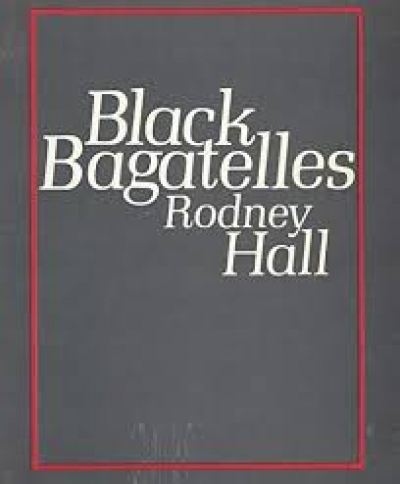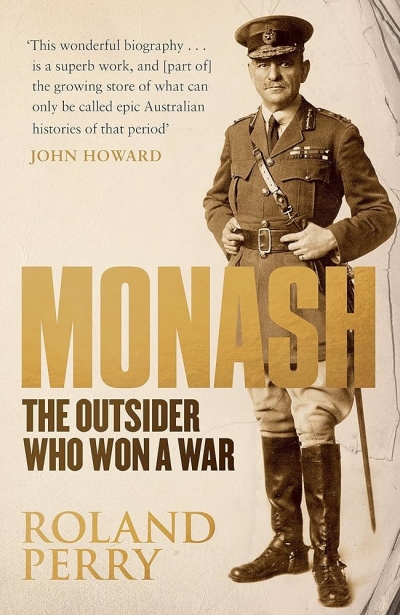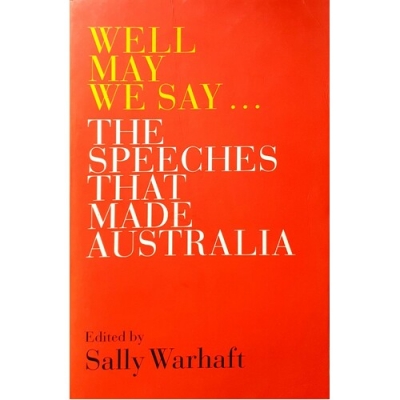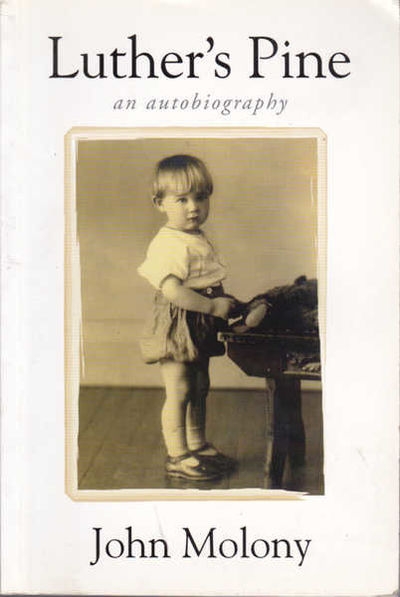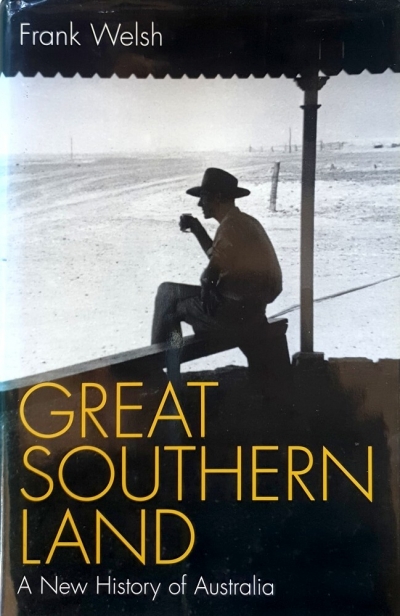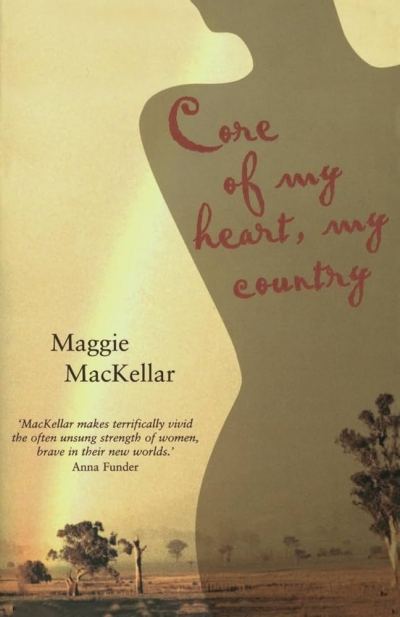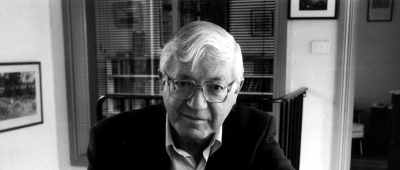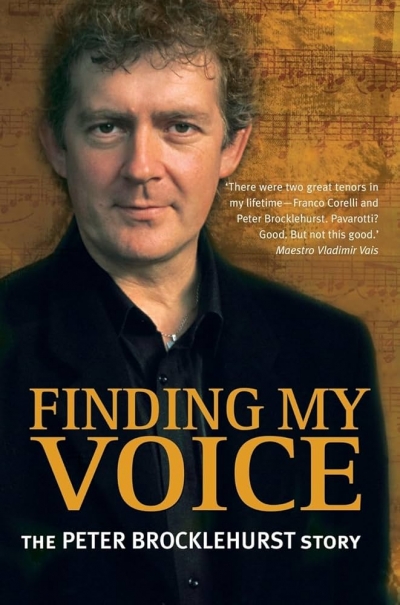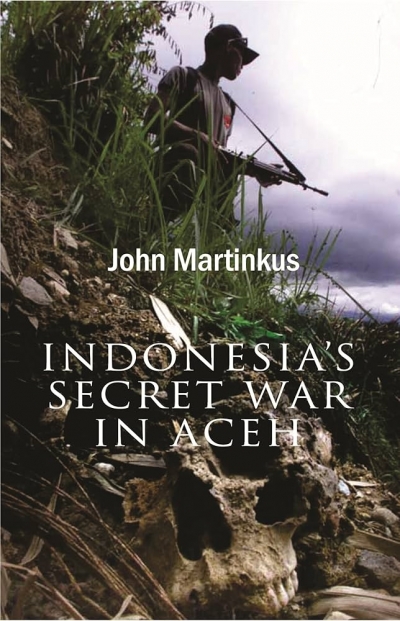Archive
Clara’s Witch by Natalie Andrews & Midnight Water by Gaylene Perry
by Lisa Gorton •
Well May We Say edited by Sally Warhaft & Speaking for Australia by Rod Kemp and Marion Stanton
by James Curran •
Great Southern Land: A New History of Australia by Frank Welsh
by Stuart Macintyre •
Core of My Heart, My Country: Women’s sense of place and the land in Australia and Canada by Maggie MacKellar
by Kate Darian-Smith •
A biographer follows the life of a chosen person or a chosen group or people, or perhaps a particular scene or epoch. An autobiographer, like a snail outed by the Sun, looks back at his or her tracks and tries to explain how he or she got this far, possibly hinting at vindication or in more extravagant mode, self-immolation. Unfortunately I am a poet, and a prose writer only to earn a living. My field is verse, but l am involved on a daily basis with literature in diverse forms, especially journalism, broadcasting, and reviewing. I believe also that I am a secret biographer and autobiographer, as so much of the poetry I write and read shadows the functions of biography.
... (read more)Finding My Voice by Peter Brocklehurst with Debbie Bennett & Wings of Madness by Jo Buchanan
by John Rickard •

